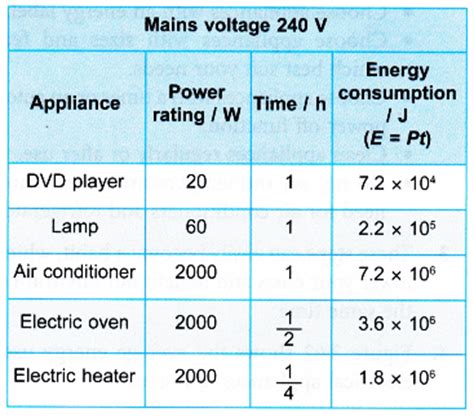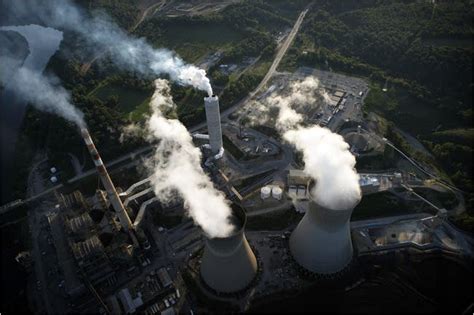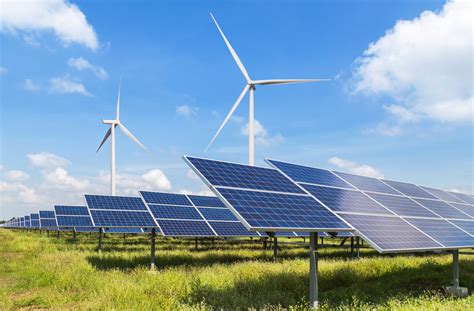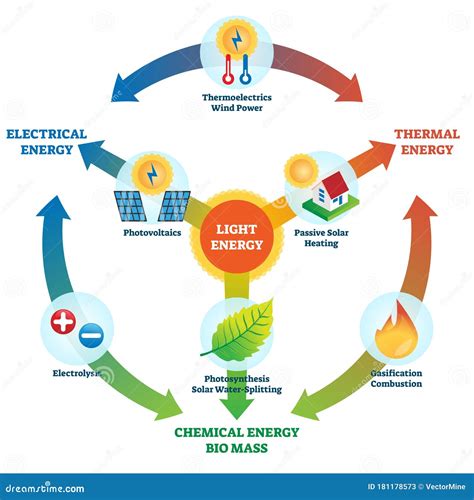As the world grapples with the challenges of climate change, environmental sustainability, and energy security, reducing energy consumption has become a pressing concern for individuals, businesses, and governments alike. The burning of fossil fuels for energy releases harmful greenhouse gases, such as carbon dioxide and methane, which contribute to global warming and associated extreme weather events. Furthermore, the finite nature of fossil fuel reserves means that our reliance on them is unsustainable in the long term. Therefore, adopting strategies to reduce energy consumption is not only beneficial for the environment but also crucial for ensuring a stable and secure energy future.
Reducing energy consumption can be achieved through a combination of behavioral changes, technological innovations, and policy interventions. At the individual level, simple actions such as turning off lights, electronics, and appliances when not in use can make a significant difference. Additionally, using energy-efficient devices and retrofitting homes with insulation and energy-efficient windows can reduce heating and cooling needs. However, to effect meaningful change, a comprehensive approach that involves all sectors of society is necessary. This includes governments implementing policies to encourage energy efficiency and the use of renewable energy sources, businesses investing in sustainable technologies, and individuals making conscious lifestyle choices to minimize their energy footprint.
Key Points
- Implementing energy-efficient practices in daily life can significantly reduce energy consumption.
- Technological innovations, such as smart home devices and renewable energy systems, offer effective solutions for energy conservation.
- Policymakers play a crucial role in promoting energy efficiency through legislation and incentives for sustainable practices.
- Education and awareness about the importance of energy conservation are vital for encouraging behavioral change.
- Investing in renewable energy sources, such as solar and wind power, can reduce dependence on fossil fuels and lower greenhouse gas emissions.
Understanding Energy Consumption Patterns
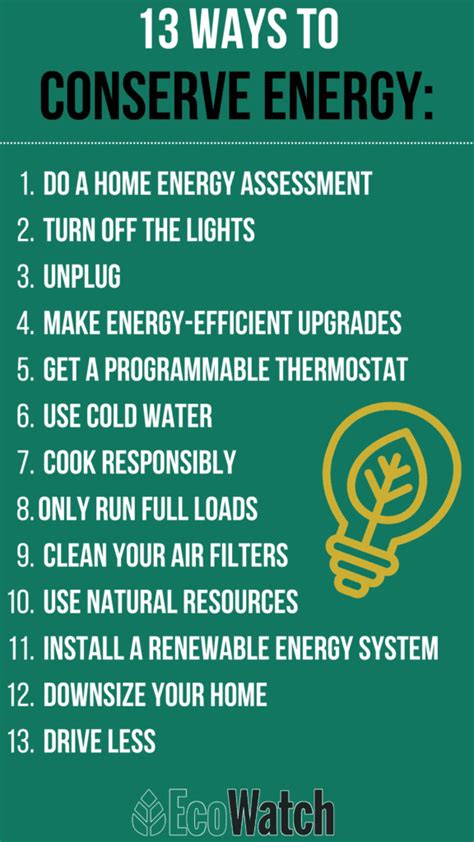
Before we delve into strategies for reducing energy consumption, it’s essential to understand where and how energy is used. In residential settings, the largest portions of energy are typically consumed by heating, cooling, and lighting systems. In commercial and industrial sectors, energy is often used for lighting, heating and cooling, and powering equipment and machinery. Understanding these patterns can help identify areas where energy efficiency improvements can be made. For instance, upgrading to LED lighting, which uses significantly less energy than traditional incandescent bulbs, can lead to substantial energy savings. Similarly, optimizing heating and cooling systems through regular maintenance and the use of smart thermostats can reduce energy waste.
Energy Efficiency in Buildings
Buildings, whether residential or commercial, offer significant opportunities for reducing energy consumption. One of the most effective strategies is retrofitting buildings with energy-efficient materials and technologies. This can include installing double-glazed windows, adding insulation to walls and ceilings, and using energy-efficient HVAC systems. Moreover, the integration of renewable energy systems, such as solar panels and wind turbines, can provide a clean source of energy and reduce reliance on the grid. In new constructions, building codes and standards can be designed to mandate energy-efficient design and materials, ensuring that future buildings are more sustainable from the outset.
| Energy Efficiency Measure | Potential Energy Savings |
|---|---|
| Upgrading to LED Lighting | 50-70% |
| Insulating Buildings | 20-30% |
| Using Energy-Efficient Appliances | 10-20% |
| Implementing Smart Home Technologies | 5-15% |

Behavioral Changes for Energy Conservation
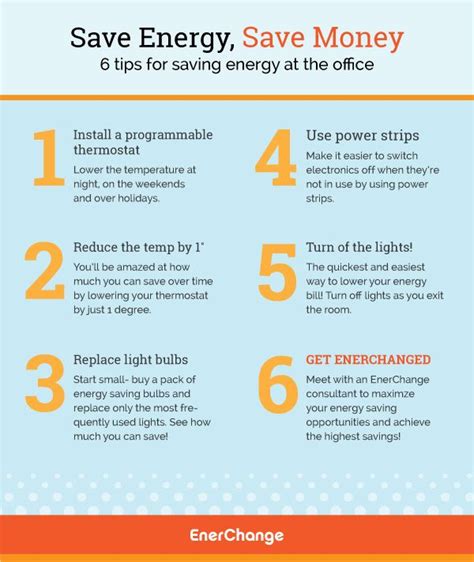
While technological solutions and policy interventions are crucial, individual and collective behavioral changes are equally important for reducing energy consumption. Simple actions, such as turning off lights and electronics when not in use, adjusting thermostat settings, and using power strips to eliminate standby power consumption, can collectively make a significant impact. Furthermore, adopting a more energy-conscious lifestyle, such as using public transport, carpooling, or driving electric vehicles, can reduce energy consumption related to transportation. Education and awareness campaigns can play a vital role in promoting these behavioral changes by informing the public about the benefits of energy conservation and providing practical tips for reducing energy use.
The Role of Renewable Energy
Renewable energy sources, such as solar, wind, hydro, and geothermal energy, offer a cleaner and more sustainable alternative to fossil fuels. Investing in renewable energy can reduce greenhouse gas emissions, improve air quality, and enhance energy security. Governments and businesses can promote the adoption of renewable energy technologies through incentives, such as tax credits and grants, and by implementing policies that support the integration of renewable energy into the grid. At the individual level, homeowners can install solar panels or invest in community solar programs to contribute to the transition towards a more sustainable energy system.
In conclusion, reducing energy consumption is a complex challenge that requires a comprehensive and multifaceted approach. By combining technological innovations, policy support, and behavioral changes, we can significantly reduce our energy footprint and contribute to a more sustainable future. It's essential for individuals, businesses, and governments to work together to promote energy efficiency, invest in renewable energy, and create a culture of energy conservation that benefits both the environment and the economy.
What are the most effective ways to reduce energy consumption at home?
+Some of the most effective ways to reduce energy consumption at home include using energy-efficient lighting and appliances, adjusting thermostat settings, and insulating your home to reduce heating and cooling needs. Additionally, turning off lights, electronics, and appliances when not in use can make a significant difference.
How can businesses reduce their energy consumption?
+Businesses can reduce their energy consumption by implementing energy-efficient practices, such as using LED lighting, optimizing HVAC systems, and powering down equipment and machinery when not in use. Investing in renewable energy systems, such as solar panels, can also reduce energy costs and dependence on fossil fuels.
What role can governments play in promoting energy efficiency?
+Governments can play a crucial role in promoting energy efficiency by implementing policies and regulations that support the use of renewable energy sources and energy-efficient technologies. They can also provide incentives, such as tax credits and grants, to encourage businesses and individuals to adopt sustainable practices.
